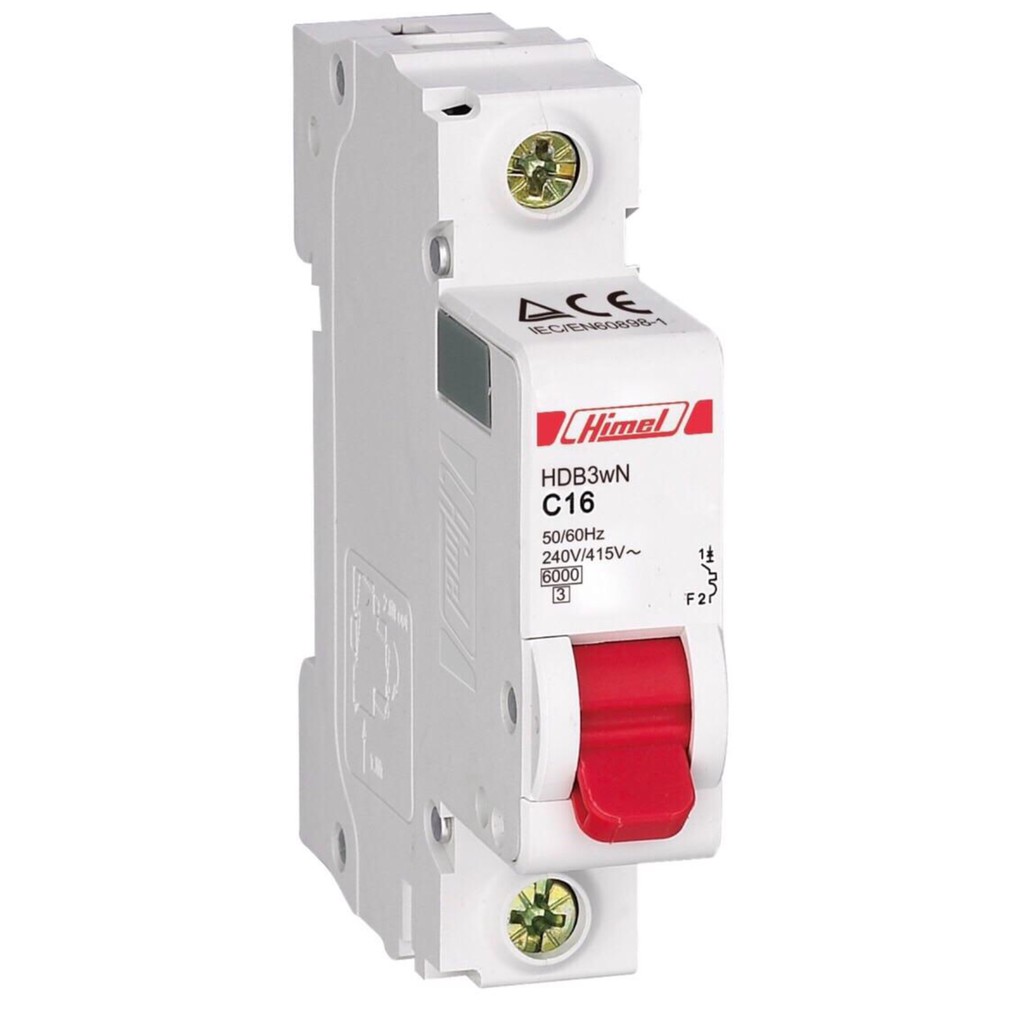AC breakers play a crucial role in ensuring the safety and efficiency of our electrical systems. These essential devices protect our appliances, wiring, and overall infrastructure by interrupting the flow of electric current in the event of an overload or short circuit. In this article, we will delve into the intricacies of AC breakers, exploring their functionality, types, and significance in maintaining a stable electrical network.
Understanding AC Breakers
AC breakers, also known as air circuit breakers, are electrical switches designed to protect circuits and electrical devices from damage caused by excessive current flow. They are primarily employed in residential, commercial, and industrial settings, where electrical loads can vary significantly. AC breakers monitor and regulate the current passing through a circuit, disconnecting it instantly when abnormalities occur.
Working Principle
The fundamental principle behind AC breakers lies in their ability to sense and respond to current overloads. These devices consist of a switch mechanism, trip unit, and protection settings. When the current flowing through a circuit exceeds the breaker’s rated capacity, the magnetic or thermal trip unit within the breaker is activated, triggering the opening of the contacts. This action interrupts the current flow, safeguarding the connected equipment and preventing any potential hazards.
Types of AC Breakers
a) Magnetic Breakers: These breakers utilize a magnetic coil to detect and respond to high current levels. They are specifically designed to protect against short circuits, which are characterized by abrupt spikes in current flow. Magnetic breakers are often used in applications where electrical motors and other inductive loads are present.
b) Thermal Breakers: Unlike magnetic breakers, thermal breakers rely on a bimetallic strip that deforms when exposed to excessive heat generated by overcurrent conditions. This deformation causes the breaker to trip and disconnect the circuit. Thermal breakers are commonly employed for protecting against overloads, such as those caused by a prolonged high current draw.
c) Hybrid Breakers: Hybrid breakers combine the features of both magnetic and thermal breakers, providing enhanced protection against a wide range of electrical faults. They are widely used in industrial settings where diverse loads are present, ensuring comprehensive circuit protection.
Importance of AC Breakers
a) Protection against Overloads: AC breakers act as the first line of defense against overloads and short circuits. By interrupting the current flow when abnormalities occur, they prevent damage to electrical devices, wiring, and the entire electrical network.
b) Fire Prevention: Overloads and short circuits can generate excessive heat, leading to electrical fires. AC breakers mitigate this risk by promptly disconnecting the circuit, minimizing the potential for fire hazards.
c) Enhanced Safety: AC breakers offer an additional layer of safety by allowing users to manually disconnect a circuit when performing maintenance or repairs. This ensures the protection of personnel and reduces the risk of electrical shocks.
d) Operational Efficiency: By quickly isolating faulty circuits, AC breakers minimize downtime and improve the overall efficiency of electrical systems. This is particularly important in commercial and industrial environments where uninterrupted power supply is vital.
Conclusion
AC breakers are indispensable components of our electrical infrastructure, providing crucial protection against overloads, short circuits, and potential fire hazards. Understanding their working principles and the different types available empowers us to make informed decisions when selecting and maintaining these essential devices. By prioritizing the installation and regular inspection of AC breakers, we can create safer, more efficient electrical systems that meet the demands of our modern world.
Also Read: HOW TO INSTALL ELECTRIC CURTAINS LIKE A PRO

